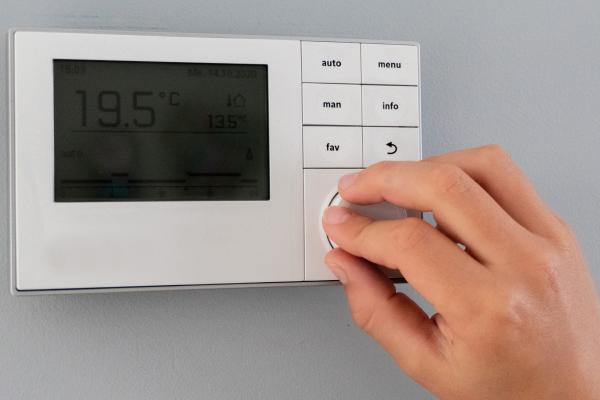
The energy system is undergoing major changes in technologies, production methods, consumption patterns, regulations, and in the roles of participating actors. The EU aims for a just transition that leaves no-one behind, requiring fair energy policy for all.
However, estimating the fairness of policy instruments remains challenging due to complex energy systems and limited data on social impacts. Current assessment frameworks have limitations, and recent JRC studies show that the relationship between energy poverty and variables like household income, socio-demographics or housing conditions is not consistent and tends to be highly variable across measures against energy poverty.
A JRC study and related policy brief and scientific paper focusing on the findings of the study propose a framework to assess if EU energy poverty policies effectively promote energy justice.
What to assess and monitor?
Energy justice focusses on fair distribution, access and participation in energy decisions. As the energy system involves various stakeholders with different perspectives, understanding both individual and broader societal factors affecting energy behaviours is crucial to address justice concerns.
A bottom-up, participatory approach, using social science tools, particularly qualitative methods, helps capture social context and human concerns. This approach ensures a better understanding of how policies affect different groups and promotes inclusive decision-making in energy system changes.
The study engaged key energy actors, including households, to understand their perspective of energy justice in the context of energy poverty. The findings, summarised in the policy brief, led to a framework of guidance criteria for energy poverty policies.
The framework highlights key energy justice criteria:
- Knowledge: clear information about energy options, financing, bills, and contracts is essential for informed decision-making.
- Energy as a basic right: equal access to affordable energy services is fundamental for all citizens.
- Empowerment: people should be able to make their own energy choices and participate in energy communities.
- Leaving no one behind: the energy transition must include vulnerable groups, providing support for those who cannot afford investments.
- Transparency: energy utilities need to provide clearer information about contracts and bills. Smart meter data raise privacy concerns that affect consumer trust.
- Well-being: the transition should prioritise universal well-being, balancing renewable energy goals with fair distribution of benefits.
- Sensitivity to needs: policies must consider diverse household circumstances, from renters to homeowners, and take into account energy-poor households.
- Environmental protection: while important, environmental goals should not compromise social justice or burden under-consuming households.
- Systemic change: responsibility should be distributed across society, particularly to those with power to drive change.
- Long-term perspective: the transition requires time for people to adapt, understand energy issues, and participate in decision-making.
The way forward for energy justice policy monitoring
Bottom-up approaches to energy justice assessment can better inform policymakers about household needs and behaviours compared to top-down frameworks.
For example, understanding how households view well-being could improve energy poverty policies, particularly during impact assessments by energy regulators and national agencies.
The proposed bottom-up monitoring approach captures diverse viewpoints in policy assessment. This method could benefit other energy transition policy challenges involving multiple perspectives.
Related links
Scientific paper: Filling in the gaps from the bottom up: Energy justice guidelines for European Union energy poverty policy
Policy brief: Energy justice from the bottom up: developing a framework to guide energy poverty policy
Study: Energy justice insights from energy poverty research and innovation experiences
Details
- Publication date
- 24 January 2025
- Author
- Joint Research Centre
- JRC portfolios





